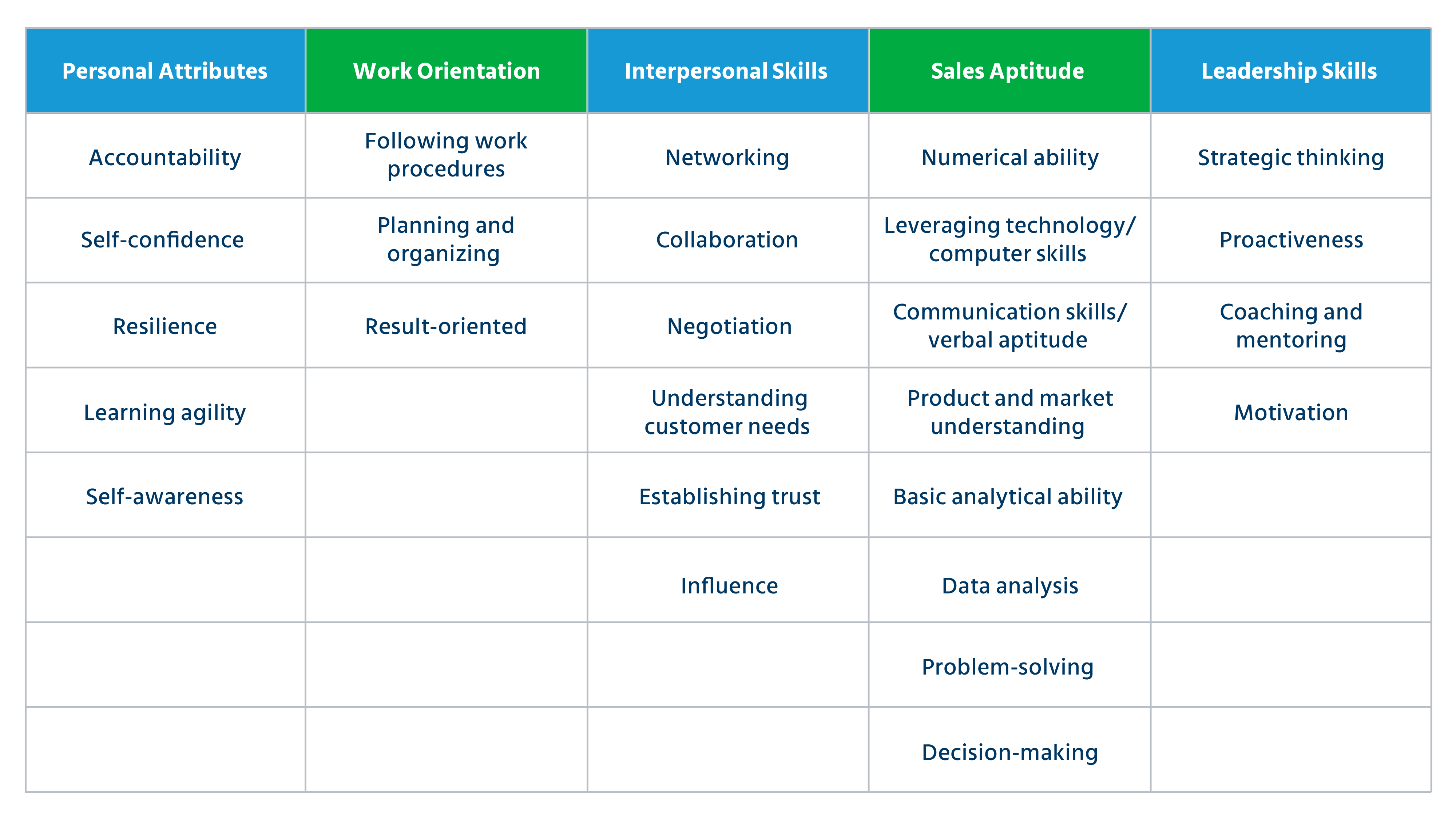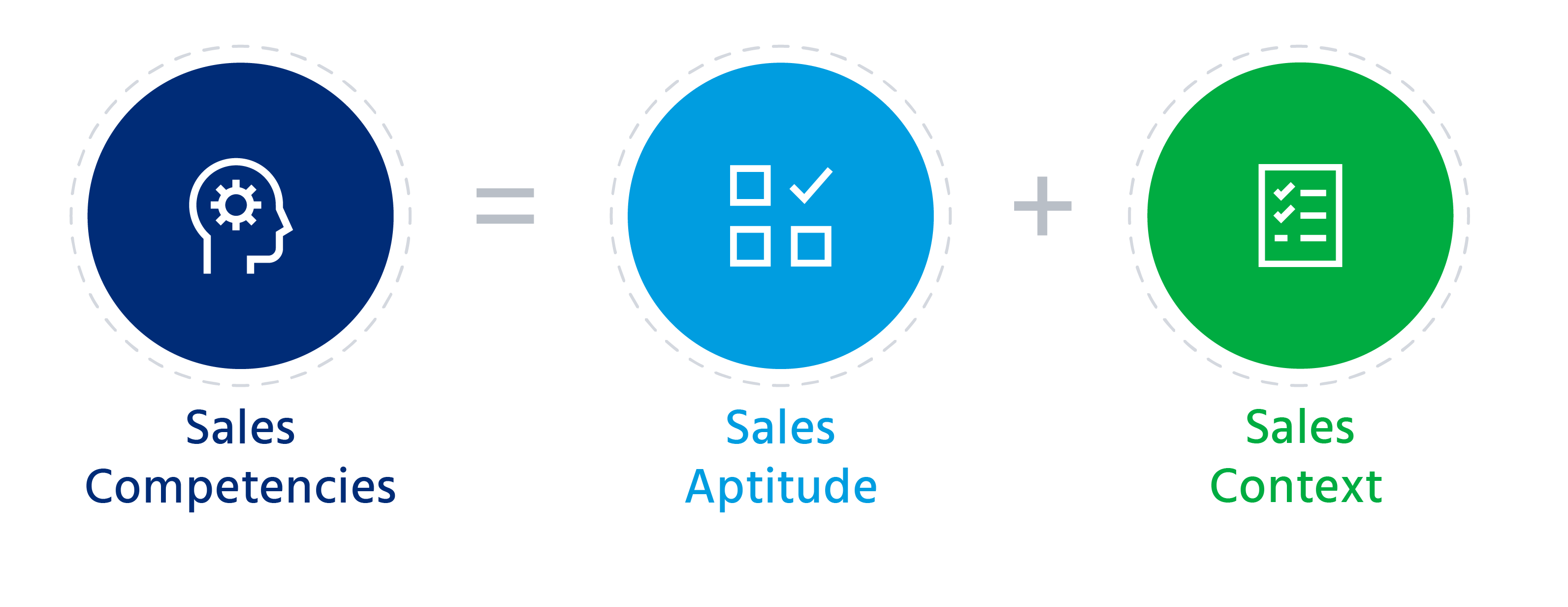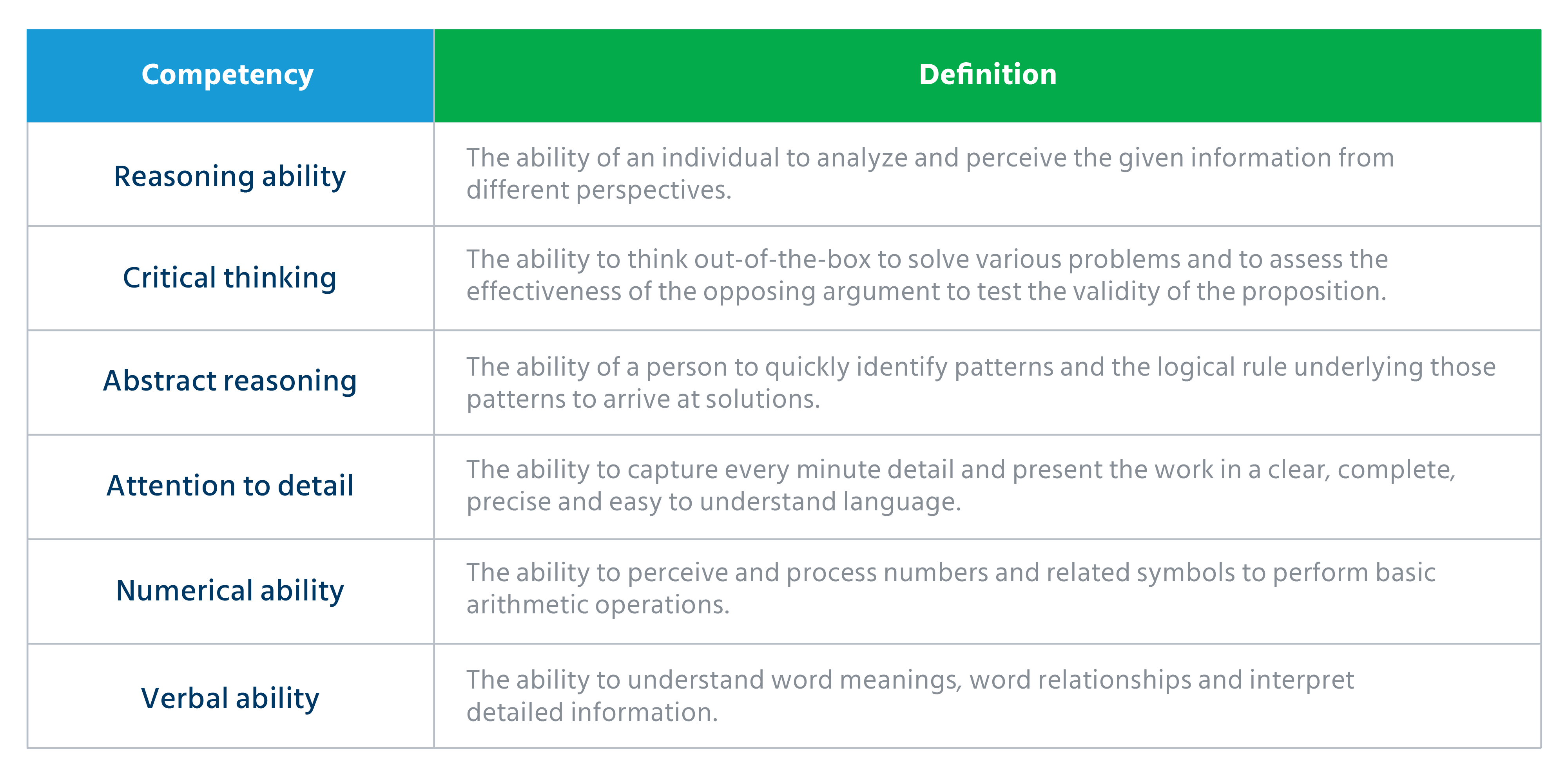What Do You Mean by Sales Context?
The sales context of an organization lays down the more specific requirements of a sales role – what is the product or service that needs to be sold? To whom is the salesperson selling? Is the sale happening in person, via a call, or through a digital medium? Are you selling to repeat buyers or first-time buyers?
Understanding the sales context helps shortlist competencies that help design a sales assessment that holistically assesses sales candidates on all fronts.

What does your organization sell?
What your organization sells tells you the complexity of your offering. This, in turn, determines the level of product knowledge that your salespeople need to possess and who the end-user of your products or services would be.
An FMCG product doesn’t need high-order thinking; it already has an established need. Selling a textile or jewelry might need some persuasion skills. Selling an automobile needs you to connect with the customer, understand his/her precise requirement, and suggest a model that ticks all the boxes. Selling an IT solution to an organization requires the salesperson to have extensive domain knowledge.
This is how the complexity of your offering feeds into the sales competency framework of your organization.
How complex is the process of selling your organization’s solutions?
A customer walks into a store and buys what he/she came to buy, or the salesperson gave a better product, and he/she bought the product. This encounter is quite transactional; the customer didn’t have to consult anyone to make a decision. The salesperson doesn’t need to build a long-term relationship with a customer to make the sale. Basic sales aptitude and a pleasant personality were enough to make the sale.
However, think about taking a loan. It is a multi-stage process; the salesperson needs to be more tactical because he/she will have to deal with the customer more than once. It is important for the salesperson to patiently and proactively answer all the customer’s questions and help with documentation.
Now imagine that your organization is selling CRM software to another organization. Your sales representative makes the first level contact- it is a cumulative process. Your organization’s sales team is asked to present its product to a team of decision-makers. The process requires the salesperson to have very high knowledge of the product and the industry. Once your sales executives have convinced the first group of decision-makers, the proposal goes through another round of decision-makers who need to be convinced on price, process, USP, turnaround time, support, etc. This consultative sales process is long-drawn and needs networking and relationship-building skills at every level.
Who is the buyer of your products/services?
Sales interactions can vary with the buyer persona, and so can the competencies required by your salespeople to succeed in their roles. A buyer’s persona can be defined by their purchasing power, educational background, and socioeconomic status, amongst other factors.
Buyer persona directly impacts the level of service, product knowledge and customer experience expected from the salesperson.
Every organization defines success differently. Thus sales competencies are the sum of universal aptitude skills along with unique personality and behavioral skills that define an ideal salesperson for your organization. The sales context points to those very specific skills that align a sales candidate to your organization’s culture, mission, vision, and goals. Sales competencies are defined keeping in mind the job role, the job level, the nature of the product or service, the target audience, etc.
What are Some Top Sales Competencies?
While sales competencies are specific to your organization, we’ve discovered an exhaustive list of top sales competencies that contribute to the success factor in a sales role, according to Demystifying Sales Hiring, a collaborative study by Mercer | Mettl and SHRM:

Ensuring that you have a list of sales competencies before starting the sales hiring process is an indispensable part of putting your organization up for success.
Once you’ve laid the groundwork, it is time to see the kind of sales competency assessments available in the market and how to choose the best one for your organization.









 Behavioral Competencies
Behavioral Competencies Cognitive Competencies
Cognitive Competencies Coding Competencies
Coding Competencies Domain Competencies
Domain Competencies





































Would you like to comment?